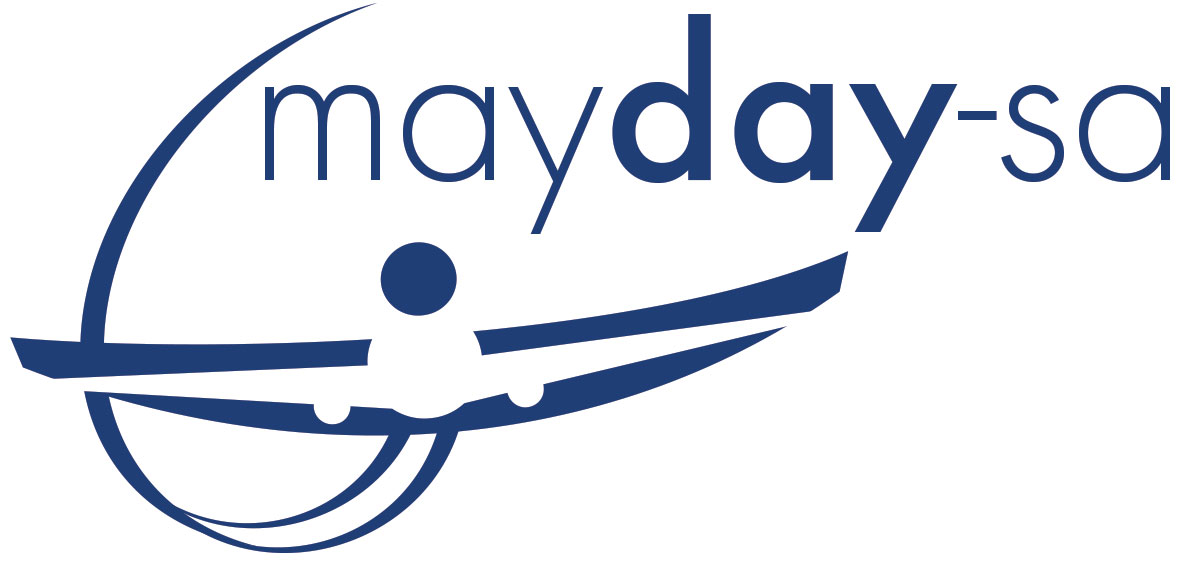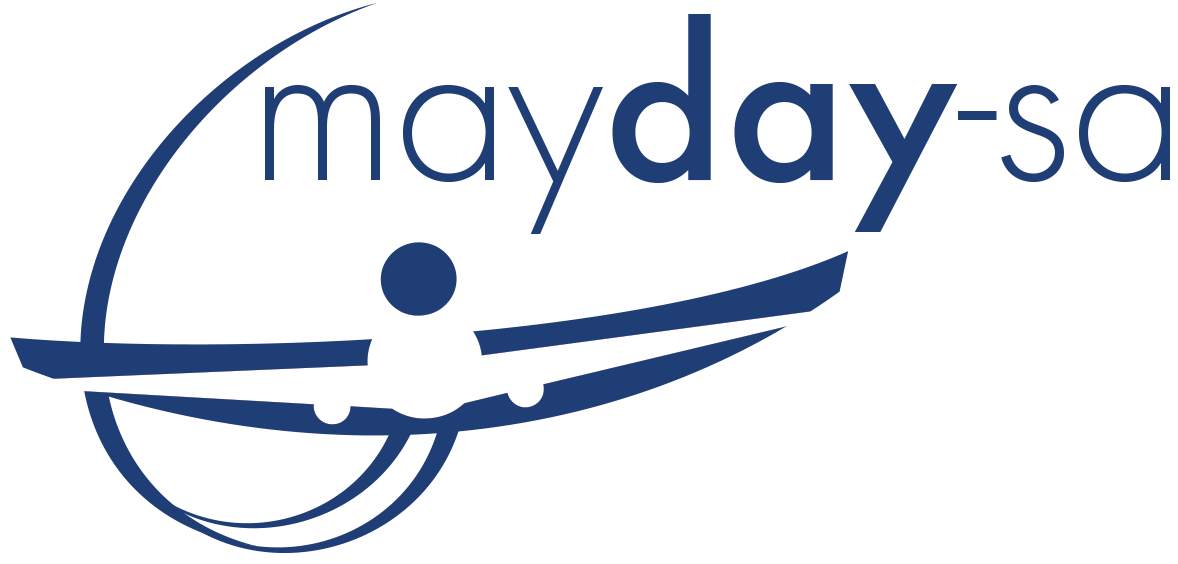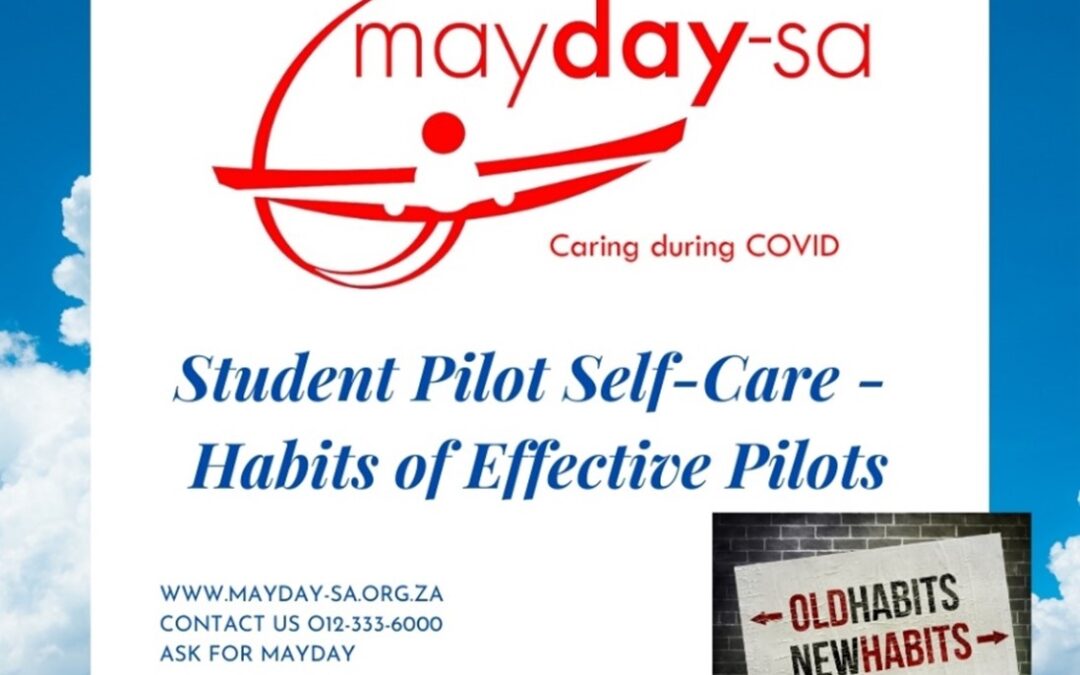Stephen Covey published the book, The 7 Habits of Highly Effective People in 1989, in which he says that these 7 habits build on each other to create greater personal and interpersonal effectiveness.
Here we have taken each habit, with Covey’s initial description, and reworked it to be applicable to the aviator – be they recreational or professional.
Habit 1: Be Proactive
Take responsibility for your reaction to your experiences, take the initiative to respond positively, and improve the situation. Don’t sit and wait in a reactive mode, waiting for problems to happen before taking action.
The life of a pilot revolves around looking into the future. Consider all the preparation required prior to any flight – you analyse the weather so that you have an idea of what will happen throughout the day, you check NOTAMs to make sure that you are aware of anything that might affect your flight, you check the maintenance status of the aircraft, and you use all this information to make decision on fuel requirements for the flight. During the flight, you will be checking the weather at the destination airport, briefing on what type of approach will be made and what to expect, if necessary, you will be radioing ahead to the flight school or ops centre to let them know your ETA.
Being proactive can be cultivated before you have even taken your first flying lesson, and certainly throughout your student pilot days. You can read books and manuals in preparation of your next lesson, you can “chair fly” the manoeuvres and panel flows
Habit 2: Begin with the End in Mind
Envision what you want in the future so you can work and plan towards it. You have decided to become a pilot.
For many, this decision is borne of a lifelong passion for aviation and flying. Becoming a pilot is not a spur-of-the-moment decision, as there is a lot of hard work, sweat and tears that go into getting that little book with gold lettering on the cover.
Keep the end in sight. Set yourself goals, targets, and build up a mental picture of yourself as the pilot you aspire to be – sitting in the left-hand seat of the airliner with the shiny gold bars on your shoulders. Just as you would plot out your journey on a map before you go and fly, plot out the requirements to obtaining that licence – medical certificate, number of flying hours, exams – and check them off the list when they are completed. It is very empowering to be able to see where you have come from, and where you still need to go to attain your goal.
Habit 3: Put First Things First
Think about what is important and what is urgent, and give it priority in the following order:
Quadrant I: DO: important deadlines and crises
Quadrant II: PLAN: long term development
Quadrant III: DELEGATE: distractions with deadlines
Quadrant IV: ELIMINATE: frivolous distractions
Prioritising is one of the most important skills to develop during your flight training. It is vital for you to be able to discern what is important from what is less so, and then act on those items in order of priority.
This is how aircraft checklists are designed: vital or memory items first, then when the emergency is under control, less critical but still important items get done.
Habit 4: Think Win – Win
Genuine feelings for mutually beneficial solutions or agreements in your relationships.
Skybrary.aero defines airmanship as follows:
Airmanship is the consistent use of good judgment and well-developed skills to accomplish flight objectives. This consistency is founded on a cornerstone of uncompromising flight discipline and is developed through systematic skill acquisition and proficiency. A high state of situational awareness completes the airmanship picture and is obtained through knowledge of one’s self, aircraft, environment, team and risk.
Good airmanship is leaving the aircraft cleaner than you found it, with enough fuel for the next person, any snags logged as precisely as possible in the flight folio. It is also radioing the aircraft ahead of you to tell the pilot that a panel is open, or a tyre is flat. This good airmanship thinking is win-win for everyone.
Habit 5: Seek First to Understand, then to be Understood
Use empathetic listening to genuinely understand a person, which compels them to reciprocate the listening and take an open mind to be influenced by you.
There is a time and place for everything. The time for studying the intricacies of the flight manoeuvre is not during the taxi out or in the air – it is your responsibility to come to the lesson having read through the training material for that lesson beforehand, and having an understanding of the subject matter. Anything that is not fully understood can be addressed before the lesson, and then your full attention can be given to the flying of the aircraft once you are airborne. This will maximise your learning while in the air, and minimise cognitive overload that may keep you from learning efficiently.
Habit 6: Synergize
Combine the strengths of people through positive teamwork, so as to achieve goals that no one could have done alone.
Build a great team around you, and your success will follow. Your team may consist of fellow flight students, who can provide support during times of exam stress, help with understanding concepts, and provide for beneficial downtime socialising. Another vital team member is your instructor – he or she will provide the means for you to achieve your goal. Work with your instructor, do the homework set by him/her, ask questions and query things that you don’t understand.
Try and find a mentor. This is someone who has gone through what you are going through, and can give advice and guidance and keep you on track towards your goals.
Habit 7: Upward Spiral
Balance and renew your resources, energy and health to create a sustainable, long-term, effective lifestyle. The spiral will result in growth, change and constant improvement.
The pilot’s life is all about constant learning. You will need to keep your licence current, which involves doing renewals, and ratings on new aircraft types. This will entail some preparation and studying. Maintaining currency on the aircraft itself is just as important, which will include learning new systems such as a new GPS installation, learning about new approach procedures, such as RNAV.
In this day and age of the internet and instant access to information, there is so much available on websites and videos that can keep you learning and growing, keeping you ahead and ensuring your ongoing personal and professional development.
As always, self-care should be a high priority – managing your stress, taking time off to decompress, making and maintaining interpersonal connections. You can find many interesting articles on our website www.mayday-sa.org.za on these topics. And of course, we are always available should you need to talk to someone about what is going on in your life.
Call us 012-333-600 ask for Mayday
Email us maydaysouthafrica@gmail.com
Check us out www.mayday-sa.org.za
REFERENCES
- Covey, S.R. 1989. Seven habits of highly effective people. Free Press Publishing: New York
- Eurocontrol, 2017. Airmanship. Available from: https://www.skybrary.aero/index.php/Airmanship [Accessed: 17 November 2020].


